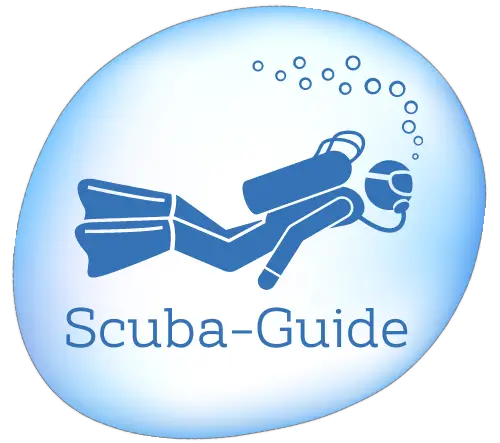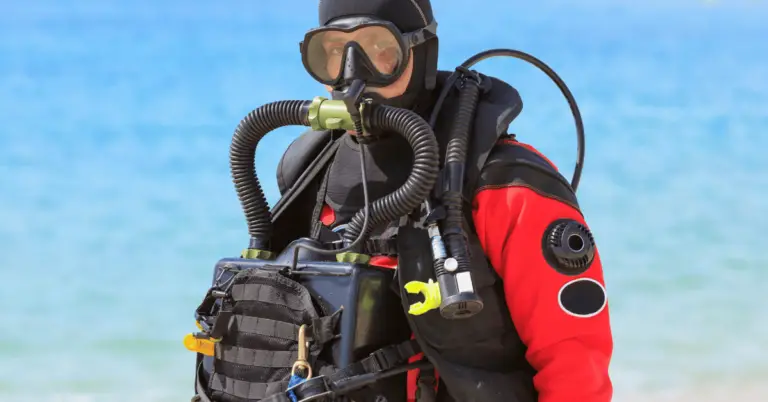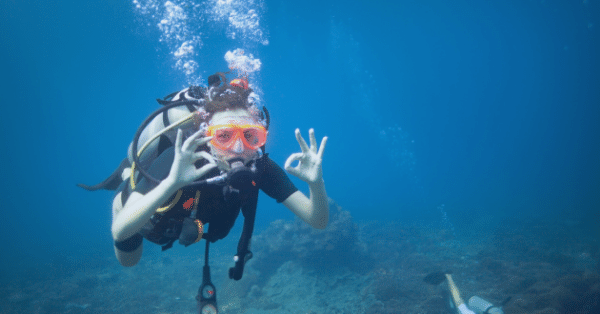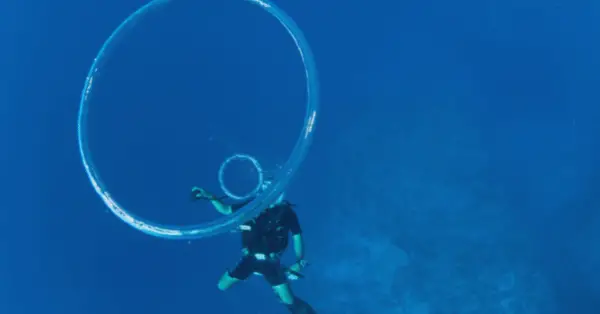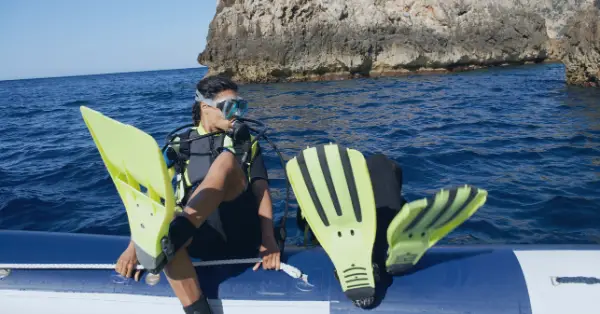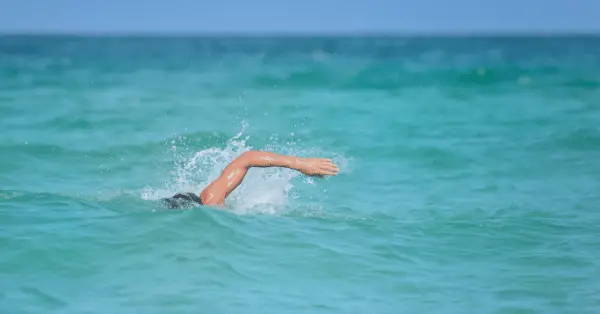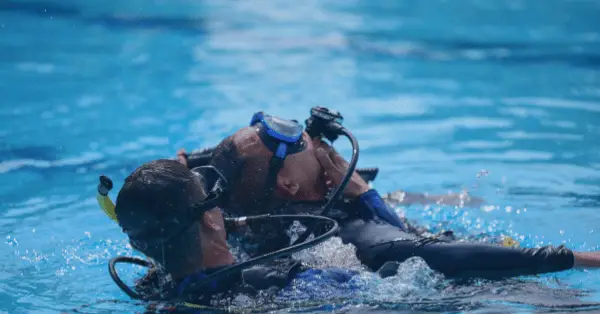Everything you need to know about scientific diving
Have you ever considered scuba diving as a career? If you’re interested in marine science and want to get paid to dive, then scientific diving could be the perfect fit for you. In this blog post, we’ll cover everything you need to know about scientific diving, from the training and certifications required to the types of research projects you could work on. So whether you’re just curious about scientific diving or are ready to take the plunge, read on for everything you need to know about this exciting field.

What is scientific diving and what are its objectives?
Scientific diving is a type of underwater activity that combines the science of diving with research objectives. It is the practice of using SCUBA or other underwater equipment and methods to enable marine biologists, oceanographers, and similar researchers to collect important data in various aquatic environments. In addition to recording observations and gathering specimens, scientific divers observe environmental conditions in order to better understand how organisms interact with their habitat, as well as track changes in water quality. They also achieve these goals by conducting experiments and surveys to determine the impacts of humans on both plant and animal life that lives in our oceans, rivers, lakes, and streams. Scientific diving is becoming increasingly necessary for any serious research when it comes to understanding the health of our planet’s waters.
Who can be a scientific diver and what training is required?
Becoming a scientific diver is an exciting opportunity open to any certified recreational or commercial divers who are ready and willing to push their limits. For those hoping to join the ranks of scientific divers, there is an additional level of training they must complete. This usually entails a program of lectures, classroom, and pool skills organized by the organization training these diving professionals. Through such programs, divers are able to receive certification in valuable research skills, including underwater mapping with precise navigation, data collecting methods for assessing marine life population and habitats, support engineering maintenance methods for different types of equipment used in deep-sea exploration, and more. Becoming a certified scientific diver is a great way for experienced recreational or commercial divers to venture further into unique aquatic environments that might otherwise be inaccessible.

Difference between a commercial and a scientific diver
Though both commercial and scientific divers use SCUBA to explore the depths of the ocean, there are some important differences between these two professions. As a commercial diver, your primary job is to assist in underwater engineering or construction projects such as building piers, laying pipelines, and inspecting boats. Scientific divers, on the other hand, focus their efforts more on gathering data and conducting research. As a scientific diver, you will be responsible for carrying out experiments, collecting specimens, and documenting your observations. You may also be asked to take part in surveys to assess the health of different aquatic environments or assist with archaeological dives. Scientific divers must be highly trained in a range of skills that are specific to this area of work, including underwater photography, data collection, and navigation techniques.
No matter which type of diving you choose to pursue, it is certain to be a rewarding career path with plenty of opportunities for exploration and discovery.

What are the risks associated with scientific diving and how can they be minimized?
Scientific diving is a unique and potentially dangerous profession. As it involves diving deep below the ocean’s surface, there are several risks to be mindful of. Common hazards include strong currents, hazardous marine life, and decompression sickness. The best way to minimize these risks is through rigorous training, which should provide divers with the necessary knowledge and experience to identify potential dangers before they arise in order to protect themselves and their dive team. Additionally, divers should always adhere to the strict safety guidelines set out by the scientific facility they are working with. Lastly, you should be in good physical health for diving.
Taking these proactive steps can ensure that scientific divers have a safe and successful dive every time.
